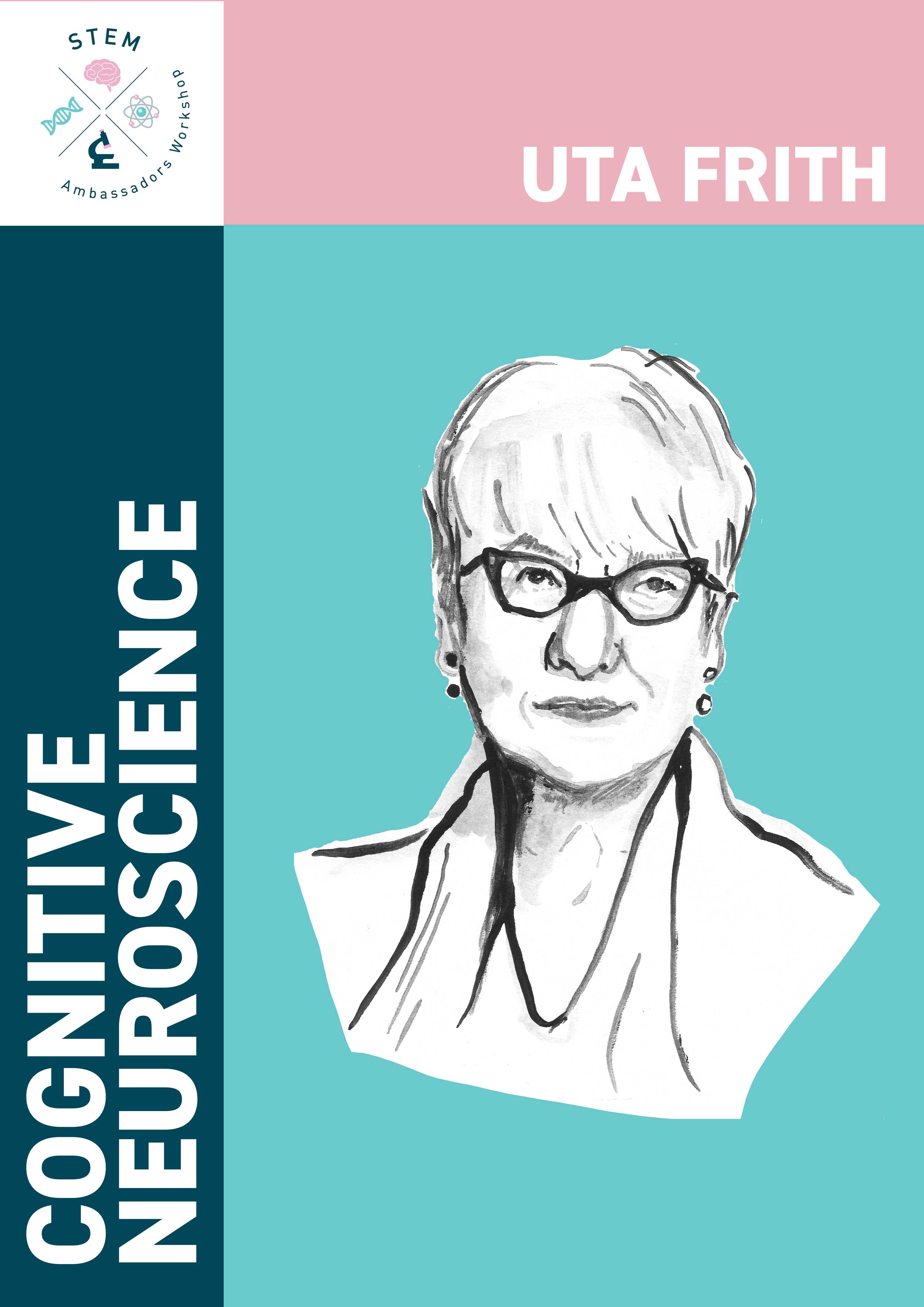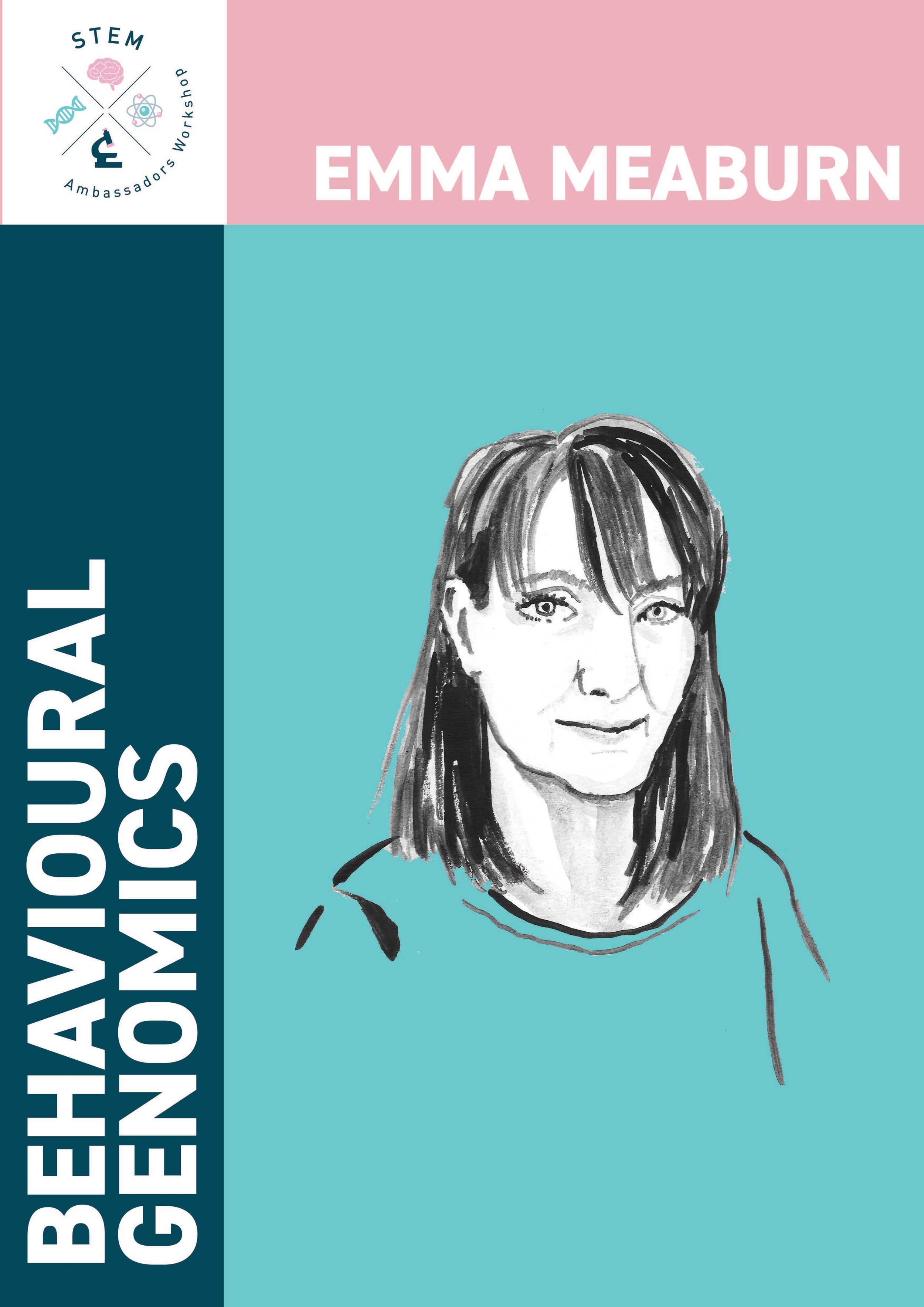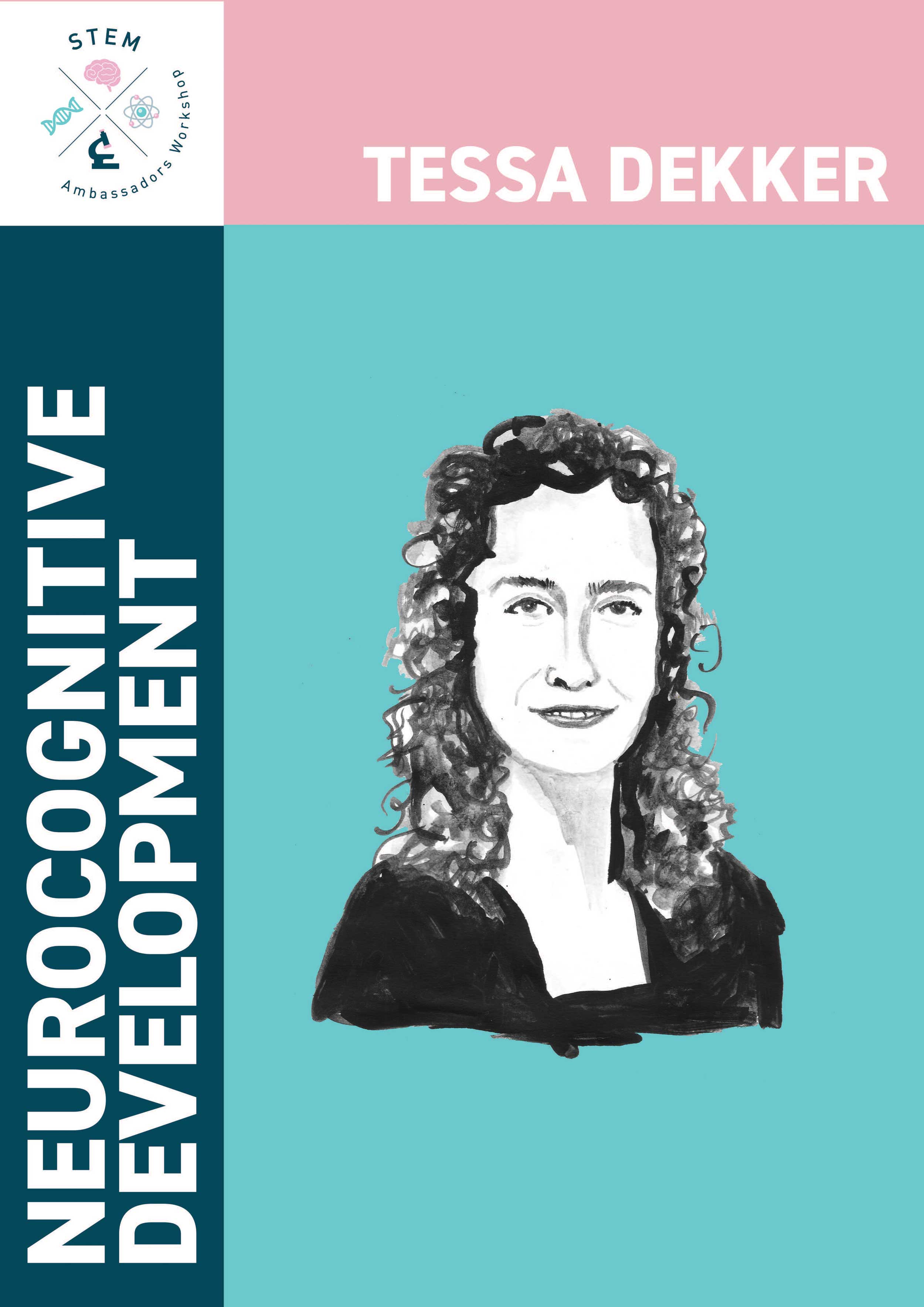Why do some people become psychopaths?
Professor Essi Viding, Psychology
Professor Essi Viding’s job is to research why psychopathology develops and what we can do to prevent it. In the video below, Professor Viding shares how she became a developmental psychopathologist and introduces several of the psychological tests she uses in her research.
Highlights include:
A map of Professor Viding’s academic career (0:42)
Her research - Why do some people become psychopaths? (4:46)
Serial killers (6:10)
The early behavioural warning signs of psychopaths (8:00)
Psychological tests for psychopathy (10:11)
Researching brain function of children at risk of developing psychopathy (11:59)
Why diversity is essential for research science (15:30)
The Royal Society Rosalind Franklin Award Winner!
The Rosalind Franklin STEM Ambassadors is Professor Viding’s Royal Society Rosalind Franklin award project. If you want to dig deeper into why some people become psychopaths, watch Professor Viding’s prize lecture to learn more!
Looking for resources to use in the classroom or your STEM club?
Check out The Rosalind Franklin STEM Ambassadors Teacher Toolkit for everything from classroom ready lessons on STEM Role Models, including Professor Viding, to science communication skills tasters.
-Bio-
Essi Viding began her science career studying psychology at University College London. After working as a research assistant, she completed a PhD on the 4-year MRC Social Genetic and Developmental Psychiatry (SGDP) interdisciplinary PhD programme at King’s College London. Currently she is Professor of Developmental Psychopathology at University College London, where she co-directs the Developmental Risk and Resilience Unit. Professor Viding researches development of persistent antisocial behaviour and psychopathy using cognitive experimental measures, brain imaging and genotyping.
“I enjoy looking at the findings from our studies and thinking about research puzzles. If you work in science you can play with a problem in a way that you couldn’t if you worked in any other area.”









